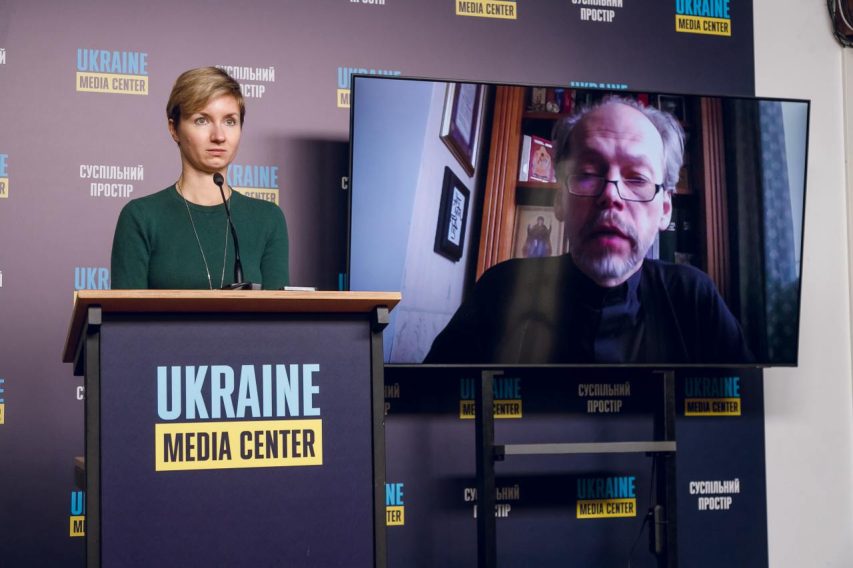
Donations, good deeds, remembrance of prisoners and support for refugees: A priest offers a modern perspective on fasting and holiday traditions
In the traditions of fasting and celebration one should look for meanings that are relevant for people in today’s realities.
This perspective was shared by Heorhii Kovalenko, priest of the OCU, philosopher, Rector of the Open Orthodox University of Saint Sophia-Wisdom.
“In recent years, the Church has spoken about the need for modern forms of fasting – not just food fasting, but also information fasting and consumer fasting. These practices are especially valuable in times of economic hardship or war. They teach us conscious self-control, which is an important skill and virtue, especially when so many people are in need – when our soldiers need donations and when we need to take care of each other,” he explained.
Noting that the Fast of the Nativity coincides with St. Nicholas’ Day, Heorhii Kovalenko emphasized that parents should not only give gifts to their children, but also do good deeds, following the example of St. Nicholas himself. He highlighted meaningful actions that are relevant to today’s context during the Christmas season.
“The Nativity Fast is particularly supportive because it includes St. Nicholas Day, a time when gifts should be given not only to one’s children, but also through acts of kindness, just as St. Nicholas once did in secret. The concept of a “Secret Santa” isn’t new – it mirrors how St. Nicholas performed good deeds discreetly. Giving, even in secret, is a fitting way to honor St. Nicholas. Christmas, on the other hand, is about celebrating the birth of Christ. Gifts should be given to Christ. As Christ once said, when you feed, clothe, shelter, or visit those in prison or in hospitals, you are doing it for Him. St. Nicholas is also about prisoners. So in this season we must remember prisoners, as he did, and Christmas reminds us of refugees, because Christ himself was a refugee,” the priest emphasized.
Heorhii Kovalenko stressed the importance of finding contemporary relevance in traditional holidays and fasting practices.
“I believe that we should look at our traditions through a modern lens. In doing so, we will find support and meaningful elements within these traditions, holidays and fasts that will help us remain resilient today,” he concluded.
Read more: https://mediacenter.org.ua/news
 Back
Back 